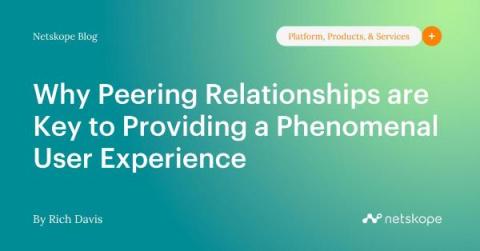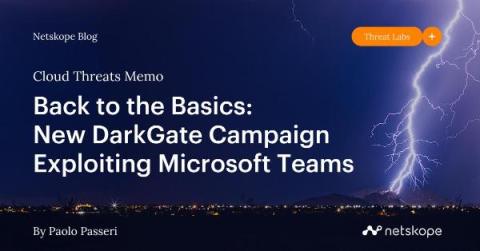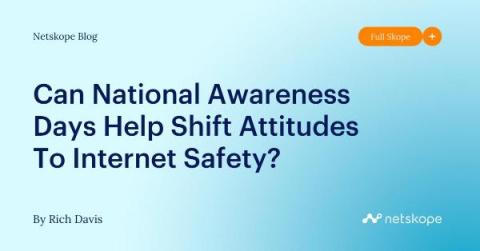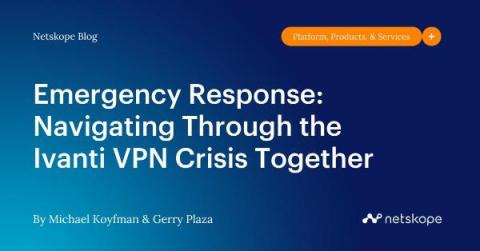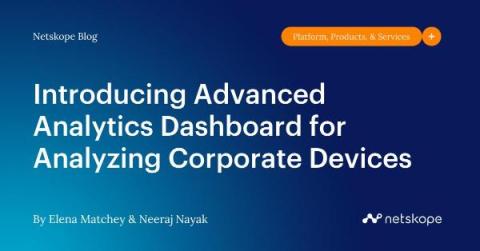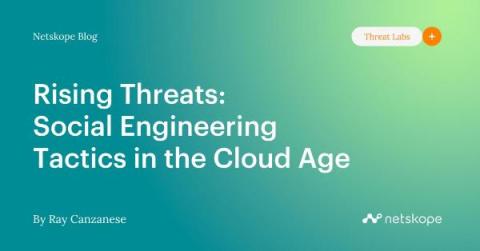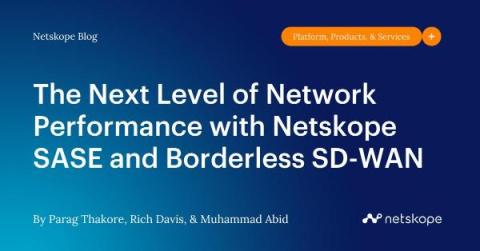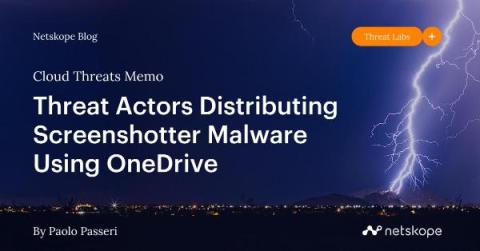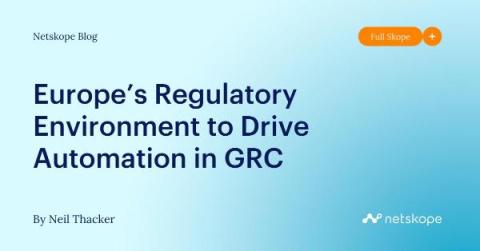How Vulnerability Can Make You a Victim on Valentine's Day
According to Netskope’s recent “Year in Review” Cloud and Threat Report, the most common way cyber attackers gained access to organisations in 2023 was through social engineering. While a favourite tactic of cyber criminals, at its heart, social engineering isn’t about someone breaking code while hunched over a glowing keyboard. It relies on individual human vulnerability, tricking people into opening the door for the attacker to walk through.



